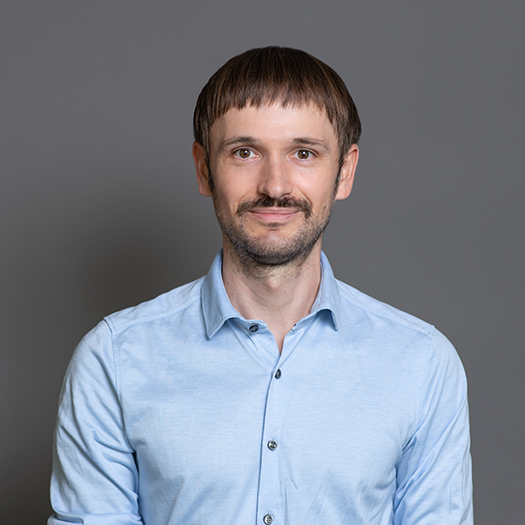Productivity Paradox in the Manufacturing of Machinery and Equipment Industry
Productivity Paradox in the Manufacturing of Machinery and Equipment Industry
In 2016, the German manufacturing of machinery and equipment industry’s labour productivity was less than in 2005. It increased until 2008 but dropped significantly in the crisis year 2009. It was not until 2011 that labour productivity reached its pre-crisis level. Since then, its growth rate has remained low. This is especially surprising considering the high amount of technological dynamics in the German manufacturing of machinery and equipment industry. The introduction of new digital technologies should result in a higher productivity level as a consequence of the technologies’ positive effects on innovation activities. Therefore, the persistent low labour productivity growth rate represents a paradox since many innovation activities have already been carried out by firms of the German manufacturing of machinery and equipment industry and transformed their production processes. This study examines the productivity paradox in the German manufacturing of machinery and equipment industry by analyzing firm-level data. The firm-level analysis allows to differentiate between the effects of structural changes in the industry and the effects of firm-specific characteristics. Consequently, it is possible to assess if the productivity paradox depends for example on the firm size or differs between the branches of the German manufacturing of machinery and equipment industry.In detail, the development of the German manufacturing of machinery and equipment industry’s productivity growth is examined by branches, in comparison to other German industries as well as to the productivity development of other countries in a first step. In a second step, the influence of specific factors is measured and discussed. The focus of this analysis is on the effects of investment activities, digitalization, the expected future lack of qualified workers, the increasing differentiation of product ranges, the extension of value chains, intra-firm changes of the international division of labour, opposing developments of input and output prices as well as statistical measurement errors.






